On May 1 Google quietly changed the name of its regional search page from “Google: Palestinian Territories” to “Google: Palestine.” This is a big deal in a region where semantics matter a lot, and the response was immediate: Palestinians celebrated what appeared to be recognition of Palestinian statehood by the American internet giant. Israelis immediately voiced their displeasure. Google’s CEO and co-founder, Larry Page, must have known that this would be a controversial move, especially in the United States and Israel, and yet he still chose to do it, albeit as quietly as possible.
So today’s Puzzler is this: Why did Google decide to recognize Palestine, why did it do it the way it did, and why now?
Last week I asked why the Obama administration chose to lie about the source of the attack on the American embassy in Benghazi. Why didn’t the administration relay to the American public that the attack was the work of an al Qaida affiliate as soon as it knew?
Most of the comments I received questioned the validity of the puzzle, arguing that the Obama administration didn’t know who was behind the attack until later in the week. This might be true, but I have it on good authority (someone with close ties to Christopher Stevens and members of the US diplomatic corps in Libya) that it was quite clear to everyone involved who was behind the attack. When I asked this person why Obama chose to mislead the American public as long as he did, the answer was “I really don’t know.” So I don’t have a good answer to the puzzle, except to say that the fog of an election could be as problematic as the fog of war in terms of making good decisions. In the last few weeks of a closely contested election, perhaps a bit of panic and bad decision-making did take hold.

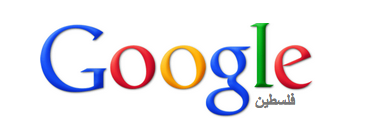

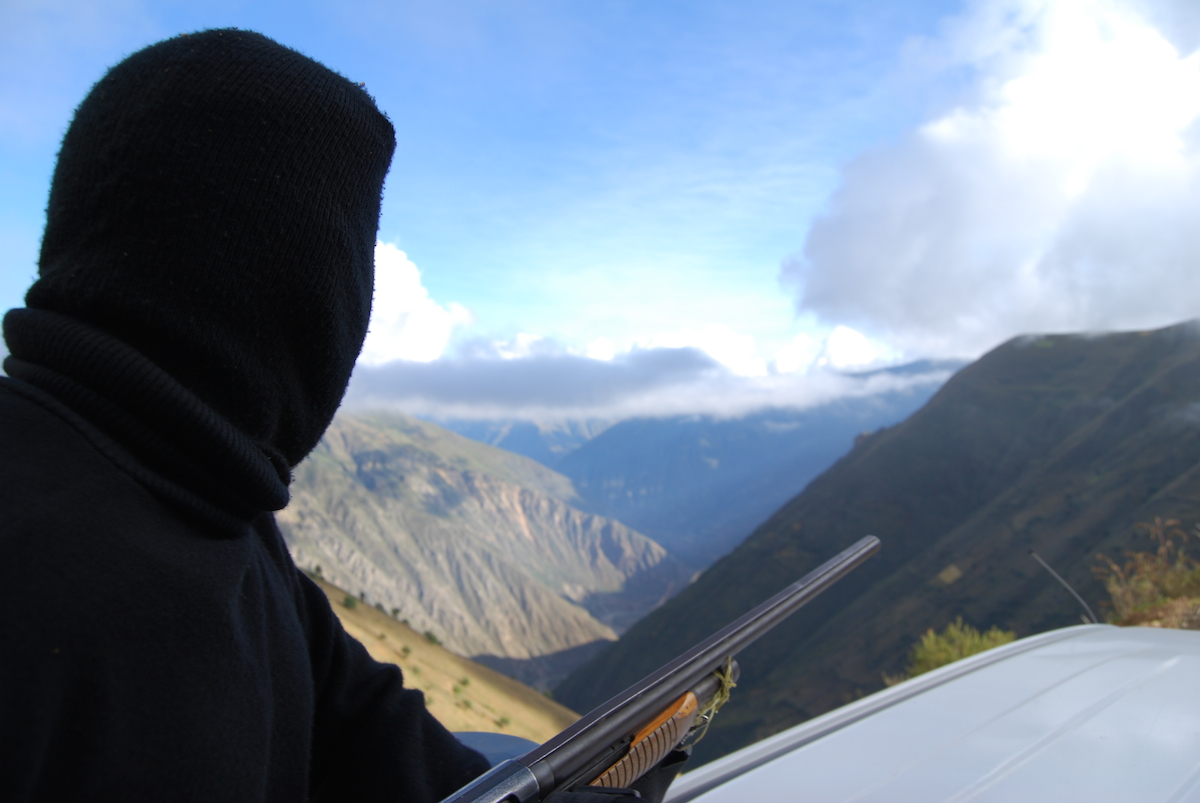
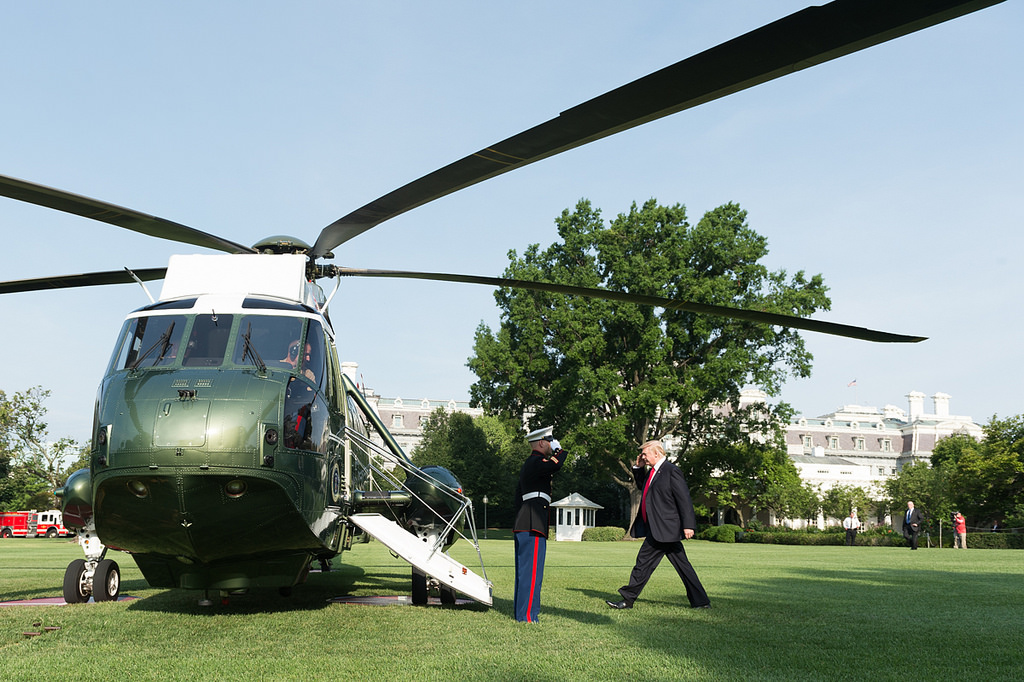
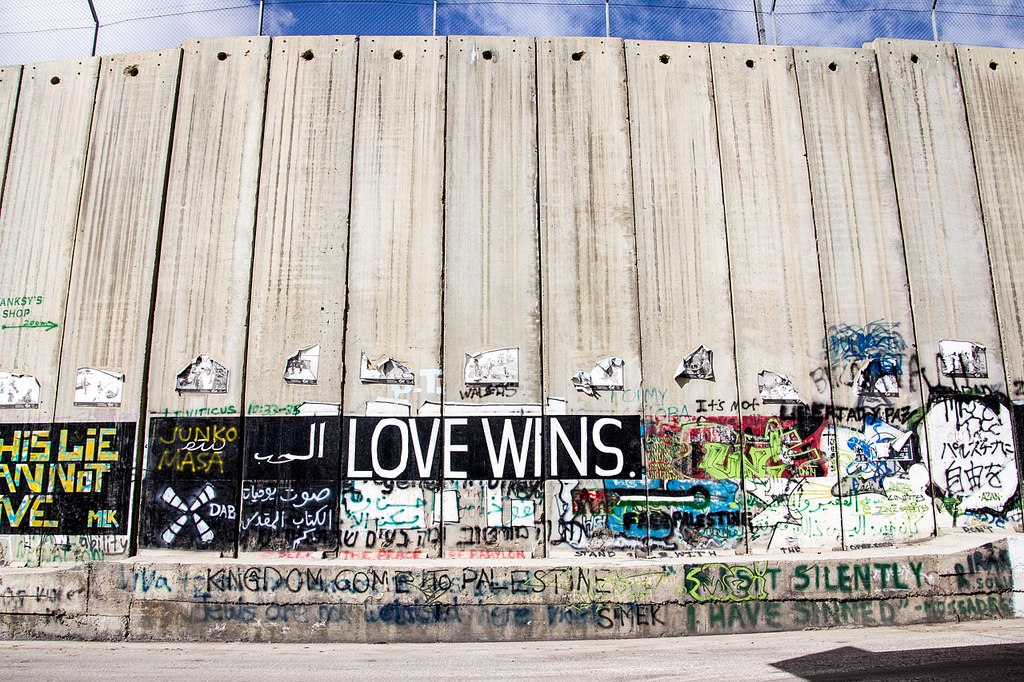
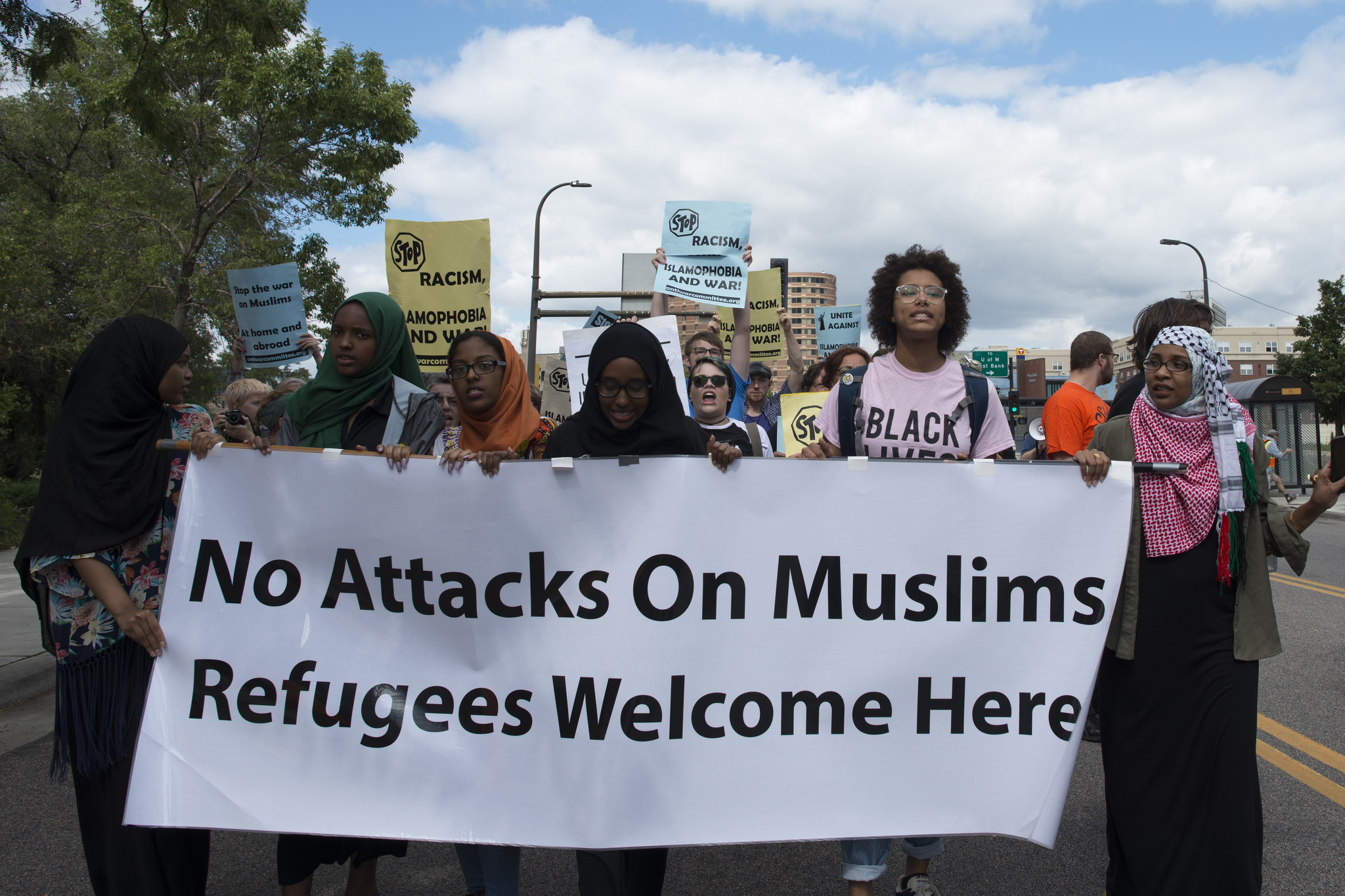


0 comments
Perhaps Bing would know.
I think one of the underlying problems in discussions of Benghazi is the assumption that these militias are firmly defined entities when they are actually overlapping clouds. Many or all seem to include Islamists and non-Islamists. Individuals and whole factions switch from one militia to another and back again. According to one of the documents on the House Oversight web site, the diplomat assigned to Benghazi (on temporary duty, like everyone else there, a whole 13 days in his case) met with two city security officials a few days before the attack and was surprised to learn that both were members of several militias simultaneously. In any event, in the e-mails, the CIA was never willing to say more than that individuals associated with Ansar were present in the crowd. The FBI believed it was people associated with AQ and not AQIM. Just because some people on the scene said they knew doesn’t necessarily mean they could convince others that they were right, even if they later decided that they were.
It’s also true that the talking points were written on 9/14 and 9/15; Rice’s interview was shown on 9/16 (may have been recorded the day before); the people evacuated from Benghazi were debriefed in Germany on 9/15 and 9/16; Matthew Olsen of the NCTC told a Congressional hearing that they suspected AQ- or AQIM-affiliated groups on 9/19.
Great question, great puzzler!
Don’t need to read this, I just wanted to point out that Google is now an international player! I can see a mediaeval-type world in which Google has a seat at the UN, or at least Observer Status.
On Fri, May 17, 2013 at 9:01 PM, Political Violence @ a Glance wrote:
> ** > politicalviolenceataglance posted: “By Barbara F. Walter On May 1 > Google quietly changed the name of its regional search page from “Google: > Palestinian Territories” to “Google: Palestine.” This is a big deal in a > region where semantics matter a lot, and the response was immediate: > Palest”